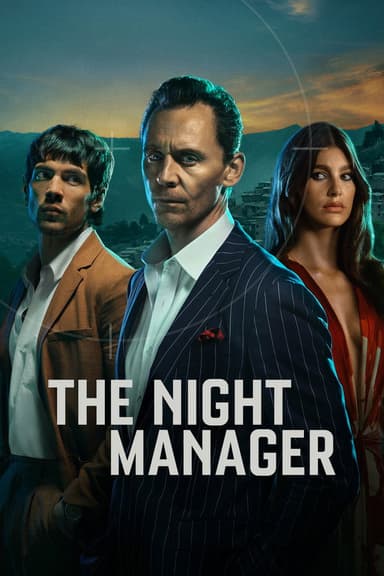
Strumpet City
1980 • Drama
Strumpet City was a 1980 television miniseries produced by Irish broadcaster RTÉ, based on James Plunkett's 1969 novel Strumpet City. It was RTÉ's most ambitious and expensive production to date. The script was written by Hugh Leonard, and Peter O'Toole played James Larkin, the union leader.
Why you should read the novel
Before you stream the Strumpet City TV series, experience James Plunkett’s original novel—an Irish literature classic that captures the 1913 Dublin Lockout with panoramic scope, layered characters, and unforgettable emotional depth.
The Strumpet City book offers rich interior lives, historical nuance, and social detail the screen can only hint at. Plunkett’s prose immerses you in Dublin’s streets, workplaces, and tenements, revealing the human cost of poverty, power, faith, and solidarity with rare clarity.
If you’re searching for the definitive Strumpet City experience, read the novel first. It delivers the complete vision behind the adaptation—more context, more complexity, and more heart—available in paperback, ebook, and audiobook for modern readers.
Adaptation differences
Strumpet City book vs TV series: the novel is a sweeping, multi-perspective panorama of Dublin, while the adaptation streamlines timelines and pares back threads to fit episodic storytelling. Expect compressed arcs and reordered events designed to deliver momentum on screen.
Characterization differs notably. The book builds depth through interior monologue, memory, and gradual moral shading; the series necessarily externalizes motives and sometimes merges or reduces minor figures. This can sharpen certain roles but also narrows ambiguity found in James Plunkett’s pages.
The novel’s political and social textures—union strategy, employer tactics, church and class pressures—are far more granular. On television, complex debates around the 1913 Lockout are condensed to emphasize key confrontations and emotional beats, sacrificing some of the policy detail and ideological nuance present in the text.
Tone and texture shift as well. Plunkett’s prose lingers on atmosphere, labor conditions, and the everyday rituals of survival; the series offers vivid visuals but leaves less room for reflective commentary. Broadcast pacing trims some bleakness and side stories, while the book sustains a slower, immersive build that amplifies its historical weight.
Strumpet City inspired from
Strumpet City
by James Plunkett










